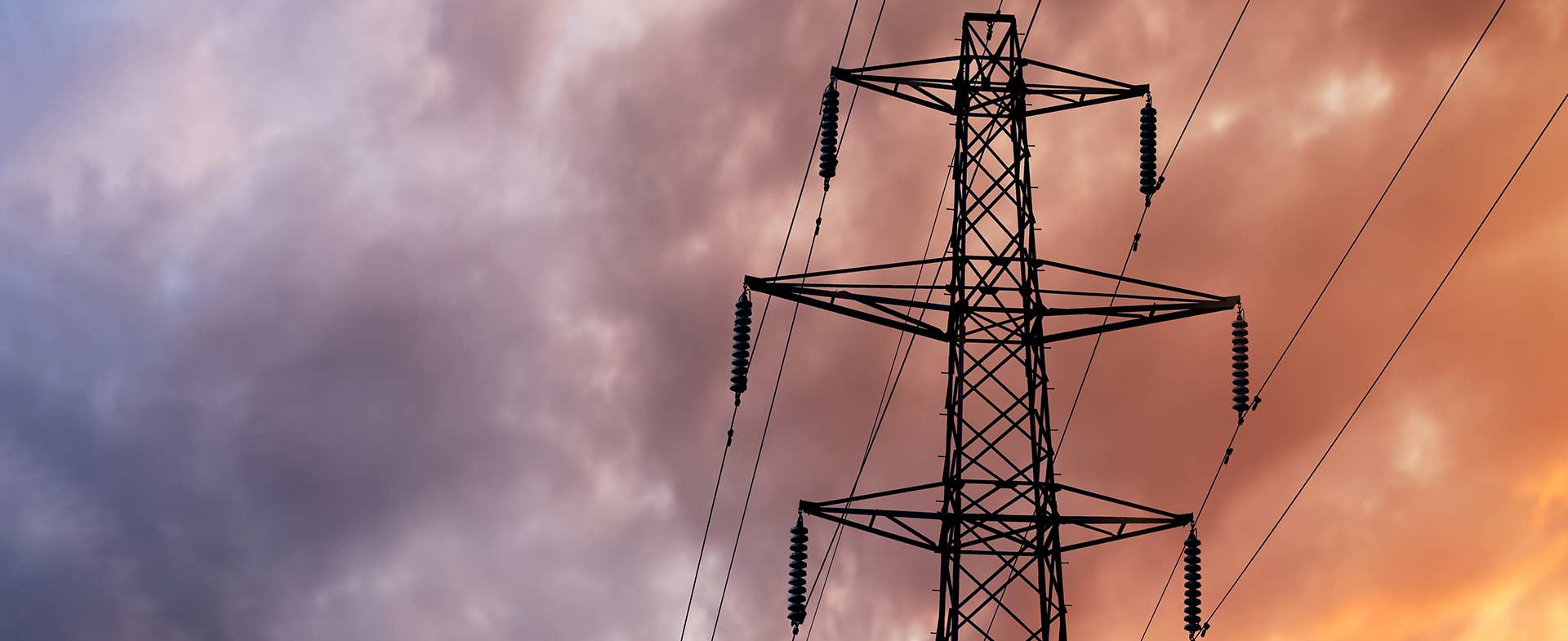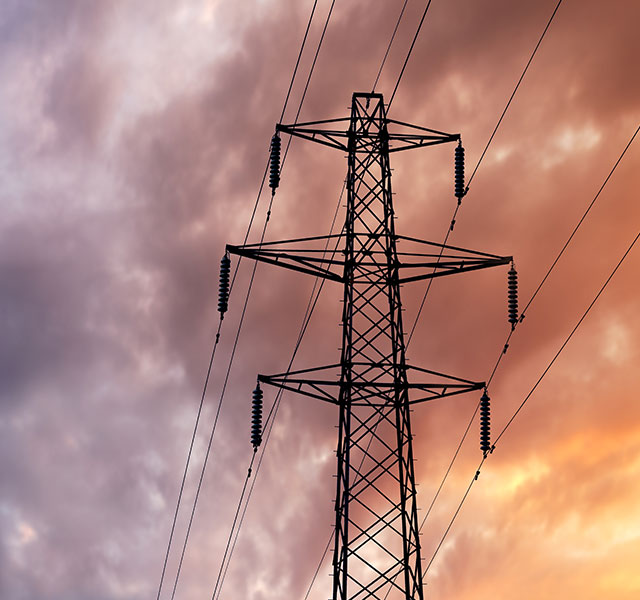Severe weather, high winds and falling tree limbs are leading causes of power outages. In most cases, losing electricity is beyond your control. What you can control is how well you prepare to survive once the power goes out.
“It’s important to think about these things in advance so you’ll be ready in case of emergency,” says John Snider, R.N., a registered nurse at Henry Ford Health. “I tell people to keep it simple and try to collect one thing a month all year long until you have a complete emergency preparedness kit.”
The Essentials You Need To Survive A Power Outage
Sometimes you have advanced warning that the power might go out (such as when a big storm is forecasted). When that’s the case, use that time to double-check your supplies, top off batteries, charge devices and stockpile some fresh bottles of water.
Other times, you may lose electricity with little or no warning. “These are the situations when thorough preparation really comes into play,” says Snider. He suggests regular upkeep of your preparedness kit—swapping out food and water, updating medications—so you’re never caught off guard.
Here are Snider’s recommendations for a well-stocked home that’s ready to weather even a prolonged power outage.
Cash
If power is out throughout your area for several days, you may need cash. Keep enough on hand to cover buying food and fuel in an emergency.
Water
Snider says you need to drink three liters of water per person, per day. If you’re storing water for extended periods, it’s best to keep it in heavier plastic bottles (not thinner milk jugs) to prevent chemicals from the plastic from leaching into the water.
“You can also fill a few bottles two-thirds full and freeze them,” says Snider. “They’ll help keep your food from spoiling, and when they thaw you’ll have additional drinking water.”

Food
When you’re stockpiling emergency food rations, you'll need things that can be prepared without a power source. Those dehydrated meals may last forever, but in a power outage you won’t be able to boil the water needed to prepare them. Snider suggests things like canned protein sources, nuts and dried fruit.
Medications
Keep basic medications—pain relievers, antacids and anti-diarrhea medicine—well stocked. If you or someone in your family require prescription medication, find out if you can get extra to have on hand for an emergency.
Batteries
Portable battery packs are a great way to keep phones charged when the power is out. Check yours every couple of months and top off the charge so it’s ready when you need it.
Replacement batteries for flashlights should also be part of your kit. A battery-powered radio is helpful for staying informed of conditions during an emergency.
Flashlights
Keep several handy to help you see when the electricity is out. You don’t want to rely on just your cell phone’s flashlight since using it will drain the battery.
Toiletries and personal hygiene items
Depending on the duration of the power outage and whether or not you can flush your toilets, you may need alternative solutions for going to the bathroom. Snider suggests a large bucket with kitty litter as an emergency toilet.
Wipes and hand sanitizer can also be helpful. If you have a baby in your household, be sure to have a supply of diapers, wipes and formula in your kit.
Pet supplies
Your pets will also need food and water, so keep three days’ worth of supplies for them as well. If your pets need regular medication, be sure to have an emergency supply on hand.
Contact info and family emergency plan
Your family’s emergency plan should include the contact information for a friend or relative who lives outside your immediate area. During a disaster, you can alert that contact of your situation, let them know who is with you and that you’re safe.
Power Outage Safety Strategies
No matter how robust your emergency supply kit is, you still need to take some precautions to stay safe without electricity.
- Staying warm or cool: Losing power in the summer means losing your air conditioning. Keep your home cool by keeping blinds or curtains closed during the day and opening the windows at night to let in cooler air. If you lose power during the winter, make sure you have plenty of warm clothes, blankets and sleeping bags. Never use a gas stove or oven to try to heat your home.
- Preventing food spoilage: Keep your refrigerator and freezer closed to keep food safe for as long as possible. Any food that defrosts should be eaten or tossed immediately.
- Using a generator: For vulnerable populations (such as the elderly or anyone who needs power to run medical equipment), it’s a good idea to invest in a generator. You can use a generator to run CPAP or home oxygen machines. Portable generators should only be used outdoors, at least 20 feet away from windows. Be sure to have working, battery-operated carbon monoxide detectors on every level of your home to prevent carbon monoxide poisoning.
Reviewed by John Snider, a registered nurse who works at Henry Ford Medical Center - Plymouth.



